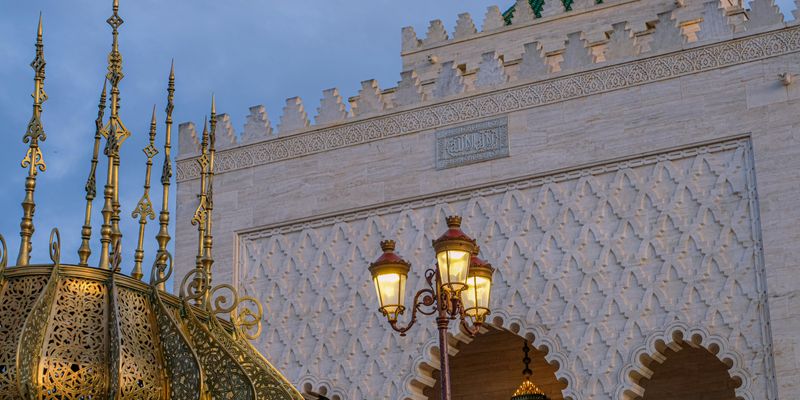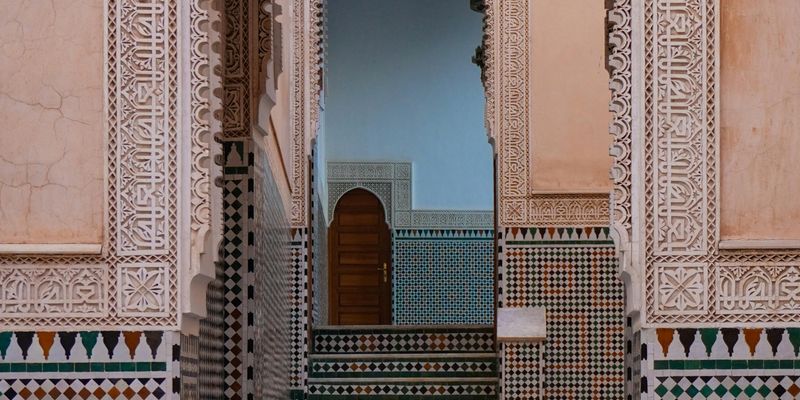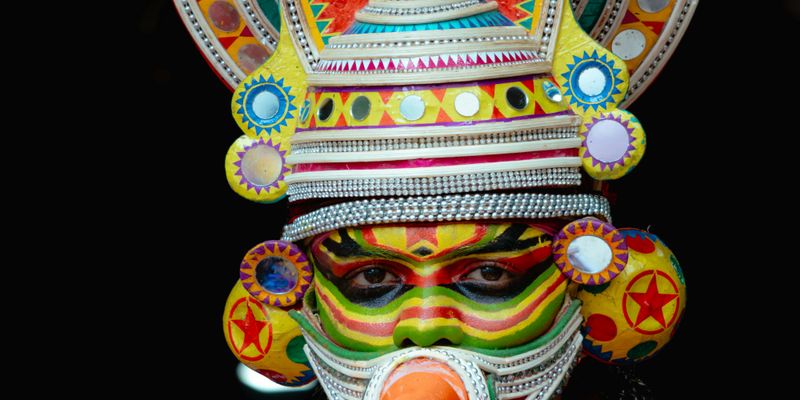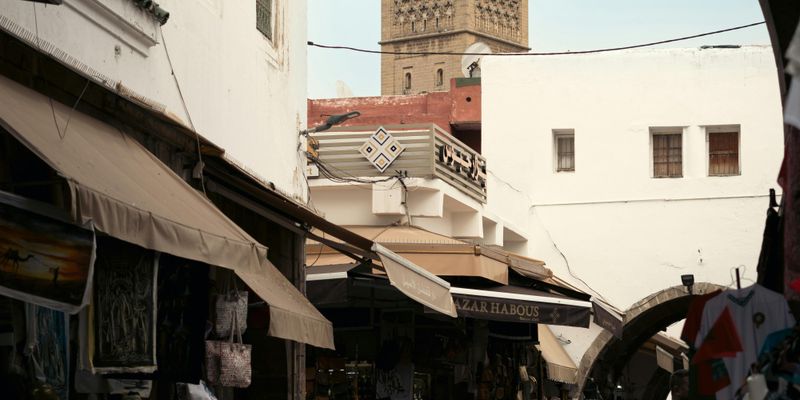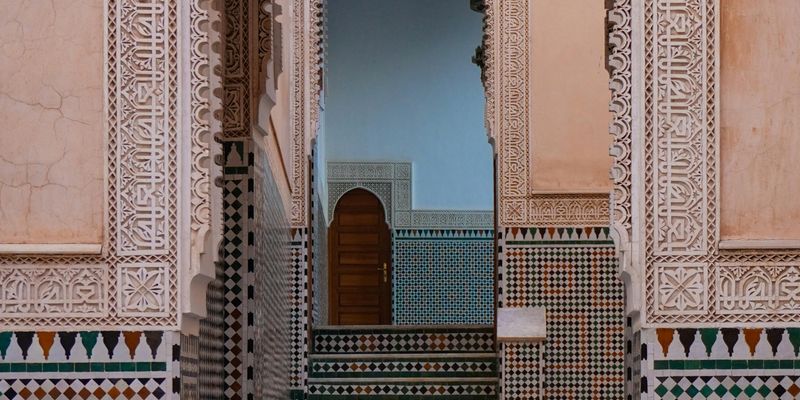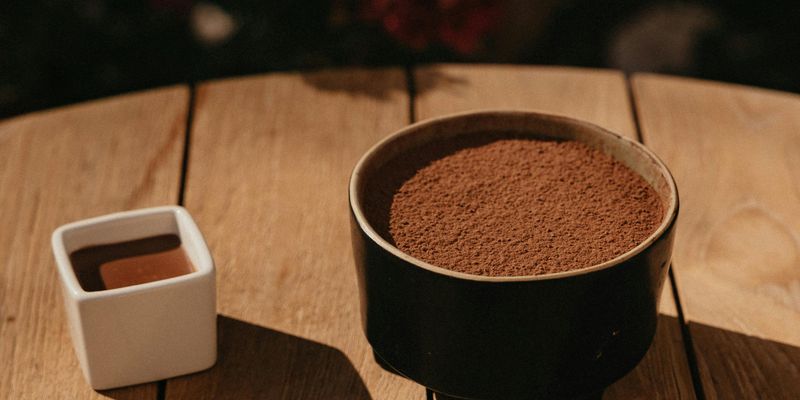
Why Moroccan Cuisine is an Unforgettable Journey for Your Taste Buds
When you think of Morocco, vibrant souks bustling with life, the aroma of spices wafting through the air, and the rich tapestry of culture come to mind. But today, let's take a journey through one of the most delightful aspects of my country: its extraordinary cuisine!
A Taste of Tradition
Moroccan cuisine is like a mosaic, where every dish tells a story of Morocco’s diverse history and the various cultures that have influenced it. From the Berbers of the mountains to the Arabs of the cities, every corner of Morocco adds its unique flavor to our dishes. For instance, the famed couscous—a staple dish made of semolina wheat—echoes the hands of Berber women who have perfected this dish for generations.
Spices that Speak
Walking through a Moroccan market, or souq, you are greeted by the vibrant colors and scents of spices—cumin, saffron, paprika, and the beloved ras el hanout, a blend that boasts up to 30 different spices. These spices are not just for flavor; they embody the essence of Moroccan hospitality, enhancing every meal and turning it into an experience. When a Moroccan invites you for a meal, it’s more than just food; it’s an invitation to share in their culture.
Signature Dishes to Savor
To fully appreciate Moroccan cuisine, one must indulge in its signature dishes. Tagine, a slow-cooked stew named after the earthenware pot it's cooked in, offers an array of flavors ranging from savory to sweet. Imagine tender lamb paired with apricots and almonds, a dish that warms the heart and nourishes the soul. And let’s not forget about harira, a traditional soup often served during Ramadan, rich with lentils, chickpeas, and herbs—each bowl a conversation starter around the family table.
The Role of Meals in Moroccan Life
In Morocco, meals are a communal affair. It is customary to share food, with everyone gathered around a low table, often eating from a single plate using their right hand—a practice rooted in our culture's respect for hospitality and community. This makes meals a beautiful social event, weaving together stories and laughter over the shared experience of enjoying food.
Street Food Wonders
No journey through Moroccan cuisine is complete without delving into the enchanting world of street food. As the sun sets, streets come alive with vendors selling brochettes (skewered meat), msemen (flaky pancakes), and briwat (sweet pastry filled with almonds). Don’t miss out on jben, a fresh cheese that perfectly complements the savory bites. Each morsel taken while wandering the streets offers a taste of the vibrant life that pulses through Moroccan cities.
Conclusion: More Than Just a Meal
Moroccan cuisine is an art form that encapsulates the soul of our people, where every taste reveals a rich history. Whether you’re dining at a Moroccan home or a street stall, you are not just enjoying a meal; you are partaking in an age-old tradition. As you savor the flavors, take a moment to appreciate the stories of the land that have made their way to your plate. I invite you to come and explore the delicious tapestry of ingredients that is Moroccan cuisine—you will leave with not just a full stomach but a heart full of memories.
